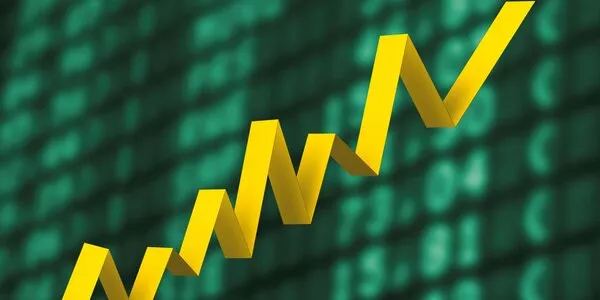
Weekly Update - France’s relatively low inflation is a short-term shield for the economy
The French economy stands out as having the lowest inflation in the Euro area. October inflation was 7.1%[1], well below the zone average of 10.6% and massively below the worst offenders such as the Baltic states with over 20% (Chart 1). Several factors may explain this French specificity: the structure of different markets - including energy - tend to structurally dampen sharp price movements, and France's energy mix, assuming no disruption to nuclear, is less reliant on Russian gas. Another key reason is the nature of the fiscal support put in place by the government since the start of the energy crisis. Of course, France is not the only country to give significant assistance. Indeed, measured by volume the help given to French citizens is near the mid-point for European nations at around 3% of GDP. The difference lies in the nature of the aid given in France, which has focused overwhelmingly on containing energy price pressures for the population as a whole. This is true of both the ‘tariff shield’, which freezes gas prices and caps rises in electricity costs, and the rebates that keep down fuel prices at gas stations. Other countries have leaned more toward targeting aid at hard-hit households or paying out grants.
Purchasing power is better protected in France. Labour markets remain reasonably healthy in the Euro area’s leading economies, including France. This means salaries can continue to rise, limiting the impact of inflation on purchasing power. France once again differs from other economies in that many salaries are linked to inflation, via minimum wage indexation, which means the national payroll can rise more than in neighbouring countries. Coupled with lower inflation, this relatively strong rise in pay means French households are experiencing much less of a squeeze on buying power than their neighbours (Chart 2).
How long can this bonus last? In the short term, these cases of French exceptionalism are clearly helping French households and the French economy better resist the massive energy shock. And while part-indexation of salaries to inflation may raise fears of a wage-price spiral, the fact that inflation remains relatively contained should ensure France avoids locking in a excessive inflation rate in which today's inflation feeds back into tomorrow's. That said, the French government's support packages are temporary and can only mitigate the energy price shock, a shock that could last for some time yet. If we measure the scale of the shock by its impact on the balance of trade (i.e. the increase in the cost of energy imports), we find the shock in France is similar to that of its neighbours at several points of GDP. This inevitably casts a shadow on the longer-term outlook for the economy.
Finally, in the main events of the week, we chose to talk about stability of the european financial system and about the US midterms results.




